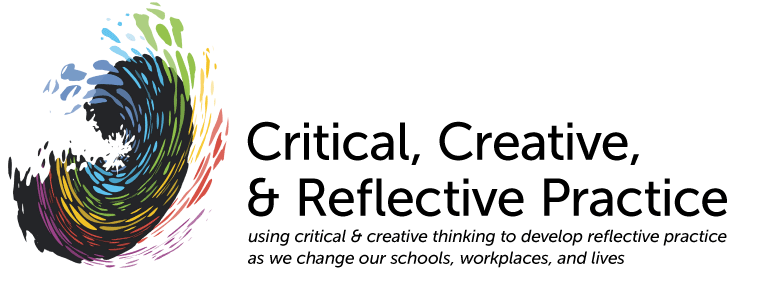Some provisional knowledge claims identified in the scenario:
K - "Society" in the scenario may be read as a homogenous, monolithic entity.
K - Society is burdened by having to provide funds for the special care of very disabled people.
K - If society were not so burdened having to take care of
very disabled persons, more money would be available for general health care, education, etc. for the
mildly disabled.
K - There is an implied finite "pot of money" that is available to support and care for the disabled. Money that can be gained by not having to care for the very disabled will unproblematically be given to care of the mildly disabled.
K - It makes more sense to spend money on caring for mildly, as opposed to severely, disabled persons.
K - PGD and selective abortion can be considered forms of generic purification.
K - PGD and selective abortion can work to reduce tolerance for imperfection.
K - Disability is a normal part of of the range of variation in people.
K - When disability is seen as imperfection, there is a greater chance that society will be unwilling to invest in the care of imperfect people and this may give rise to genetic purification.
K - When disability is seen as part of the normal range of variation in people, there is less likelihood that ideas of genetic purification will take hold.
K - People who seek to reduce their risk of conceiving a child with a major abnormality by utilizing PGD are helping to encourage a trend toward genetic purification.
K - If people are allowed to use PGD or selectively abort for a major abnormality, it will open the door to preventing less serious abnormalities - such as Down Syndrome or deafness.
K - Once the door to genetic purification has been opened, it will lead to "designer babies" or eugenics.
K - Society is not able to humanely and rationally regulate human reproductive technologies.
(jrc)
K: Pre-natal screenings are opposed by disability activists
A: The blocking of policy options allowing pre-natal screening
Q: What are the arguments by disability activists?
F: Kitcher, Philip “Playing God,” in Lives to Come, Ch 10 (pp. 221-239)
F2: Parens, Erik and Adrienne Asch. 2000. Prenatal Testing and Disability Rights. Washington, D.C. Georgetown University Press
K: Pre-natal screening is a new form of “genetic purification”
A: A modern-day eugenics movement
Q: What are the arguments for and against eugenics movements?
Q2: What is the definition of eugenics?
Q3: How do current technologies fit into this movement?
Q4: What in current policy may be deemed eugenic?
F: Allen Buchanan, Dan W. Brock, Norman Daniels, and Daniel Wikler, From Chance to Choice: Genetics and Justice
K: Pre-natal Testing is a form of "genetic purification"
A: There are other tests such as Pre-Implantation Genetic Testing which are similar in their consequences.
Q: What can be deemed eugenic about Pre-Implantation Genetic Diagnsis?
Q2: How is it different from Pre-natal testing or assisted abortion?
F: Genetics and Public Policy Center, 2004. Pre-Implantation Genetic Diagnosis: A discussion of Challenges, Concerns and Preliminary Policy options Related to the Genetic Testing of Human Embryos. Washington D.C: Genetics and Public Policy Center, 2004
(ss)
